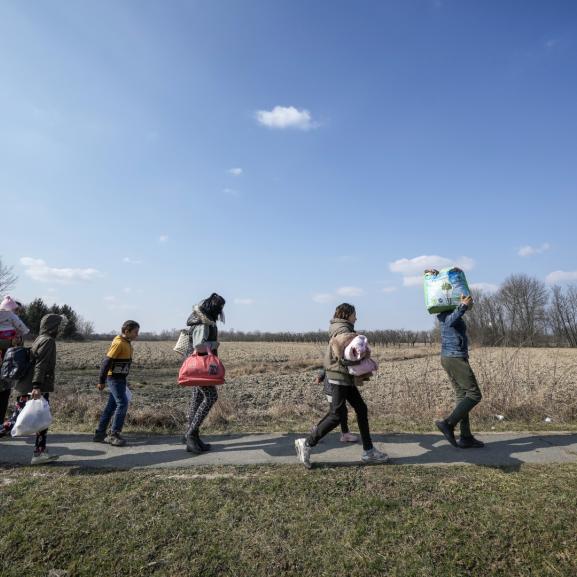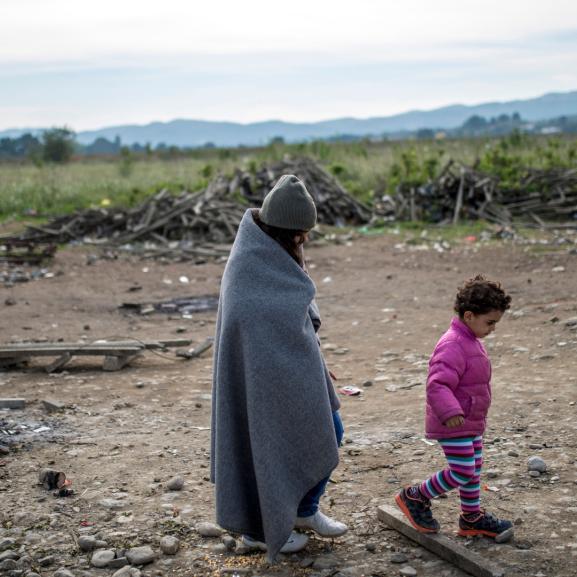SNP tolerant of diversity but defiant towards Westminster
The Scottish National Party (SNP) is clearly aware of the sudden spike in racist attacks across the UK in the wake of the EU referendum result.
At this year’s SNP Conference, First Minister Nicola Sturgeon responded to the so-called ‘Hard Tory Brexit’, highlighting associated xenophobic rhetoric which we know has affected many, including our clients who report more frequent racist incidents.
In her speech, Sturgeon outlined her renewed defiance for Scottish independence and made repeated efforts to distinguish Scotland as ‘progressive, outward looking and internationalist’. She said she will make sure Scotland’s voice is heard loudly and clearly in the Brexit process and argued for a Scotland where people are not judged ‘on the country of their birth or the colour of their passport’, a statement met with rapturous applause.
The opinions of MPs at the conference very much reflected a joint call Freedom for Torture made following the referendum result, calling for a ‘national discussion on immigration that is humane and honest, not based on fear or misinformation’ . This sentiment was apparent in discussion about what a Scottish immigration system could look like, an issue hotly debated across the many meetings and fringe events at the biggest conference in the SNP’s history.
Throughout the three-day conference there was a strong desire for Scotland’s response to the refugee crisis to be robust, fair and humane, a situation the SNP believe the Westminster-controlled Home Office is not providing. The local MP for Freedom for Torture’s Glasgow Centre, Alison Thewliss, told me about the many Home Office asylum cases from her constituency in which she has to personally intervene to make sure that asylum seekers are treated fairly.
This has been an issue throughout each of Freedom from Torture’s five centres, where we repeatedly experience the Home Office dismissing or mishandling medical evidence of torture, leading to overturn rates at appeal of over 70% in cases involving the medico-legal reports written by our doctors.
The MPs I spoke to believed Home Office decisions are being driven by a ‘nonsensical net migration target’ and debate about routes through which to counter this, via devolution of immigration policy as part of Brexit negotiations or by Scotland becoming an independent sovereign state, was alive and kicking.
Where powers are already devolved to Scotland, the SNP were keen to demonstrate that policy had been designed to mitigate the impact on the most vulnerable. Joanna Cherry MP made this point in relation to justice policy highlighting the fact that cuts to the legal aid budget in Scotland have not gone as far or as deep as in England and Wales.
Despite the focus on Scotland, many MPs had clear intentions to use their power in Westminster to influence policy across the whole of the UK. One case in point is the impassioned delegation of SNP MPs including Stuart Macdonald MP and Anne McLaughlin MP who recently visited Calais joining calls to pressurise Westminster to reunite the unaccompanied children stuck there, with their families in the UK.
Freedom from Torture welcome efforts from the SNP to put pressure on the government to influence immigration and asylum policy to protect survivors of torture across the whole of the UK. We hope to see this continue into the future, particularly as Brexit negotiations unfold.







